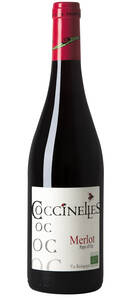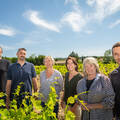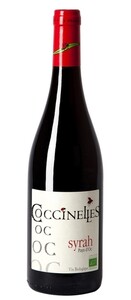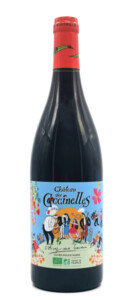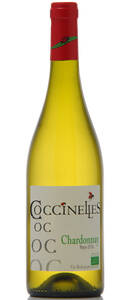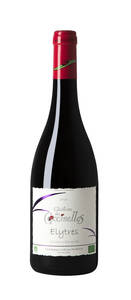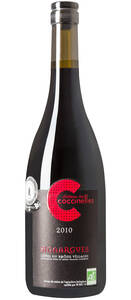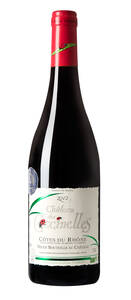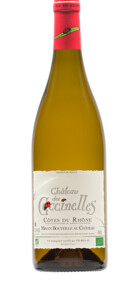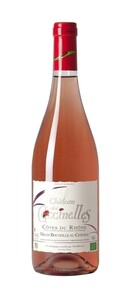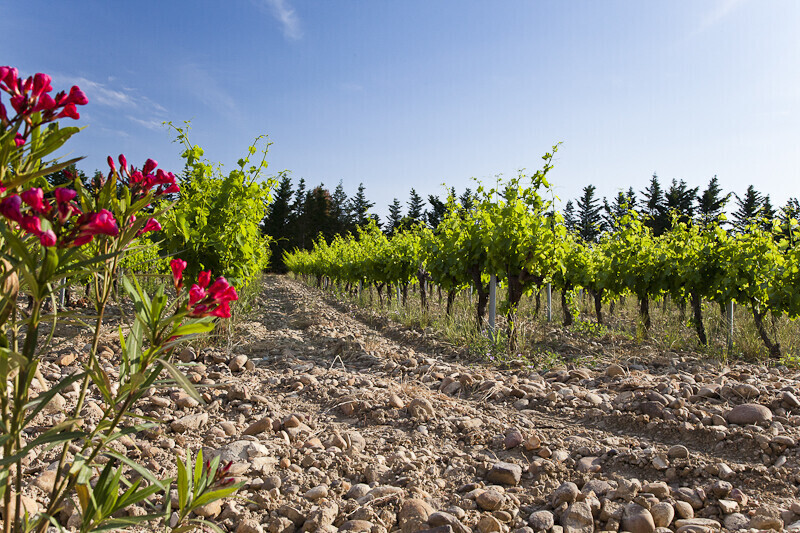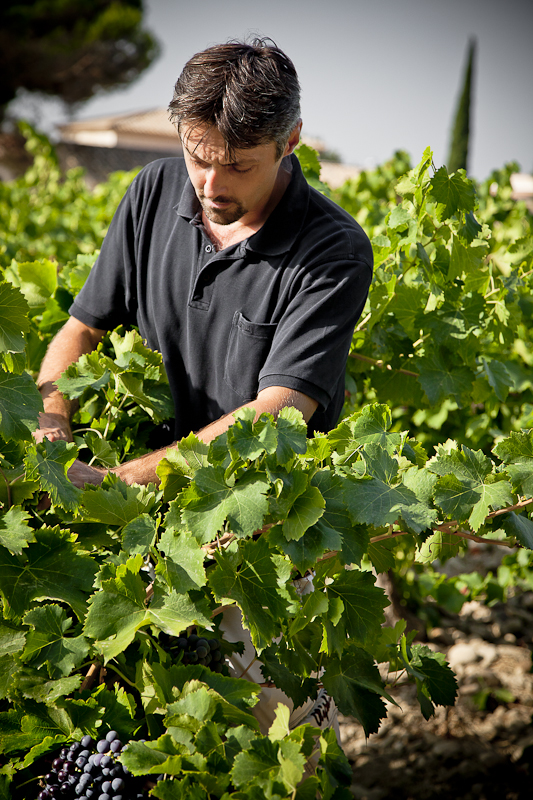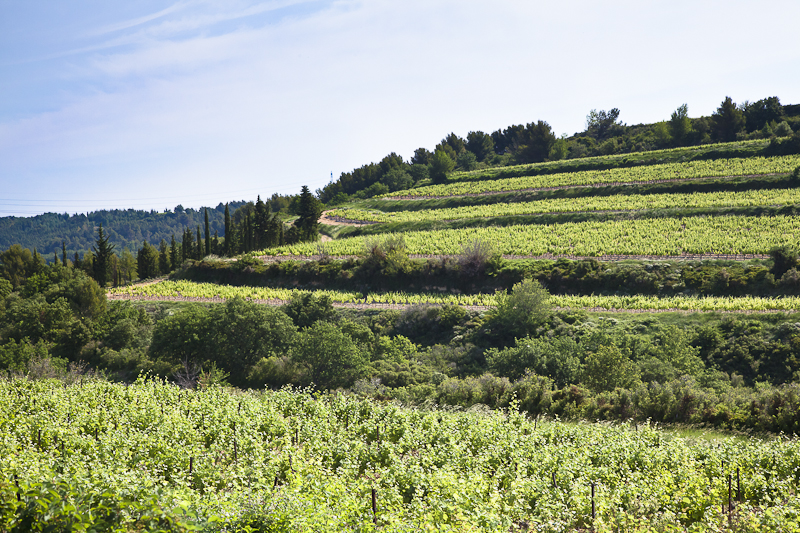Anecdotes about the domain
The estate has maintained the same line of conduct throughout the years and still produces organic wines, all in balance, greedy and fruity. And to celebrate its 100th vinification, Château des Coccinelles has produced a special sulphur-free cuvée named after the double wings of the ladybugs: "Elytres". Very involved, Jean-Baptiste Mangin coordinates the evolution of the estate and the wine management, always associating the respect of the environment with more modern equipment. For example, he chose the vino-lok cork for his Signargues vintage, made of glass, a neutral material par excellence. After several years of testing, it turns out that this vino-lok cork significantly increases the aging potential of the wine (by rarefying the oxygen during its aging in the bottle) without any risk of variation from one bottle to another. The vintages, recognizable by the ladybug on the label, are very present in France and are also exported. Essentially in Northern Europe, North America and Asia.

